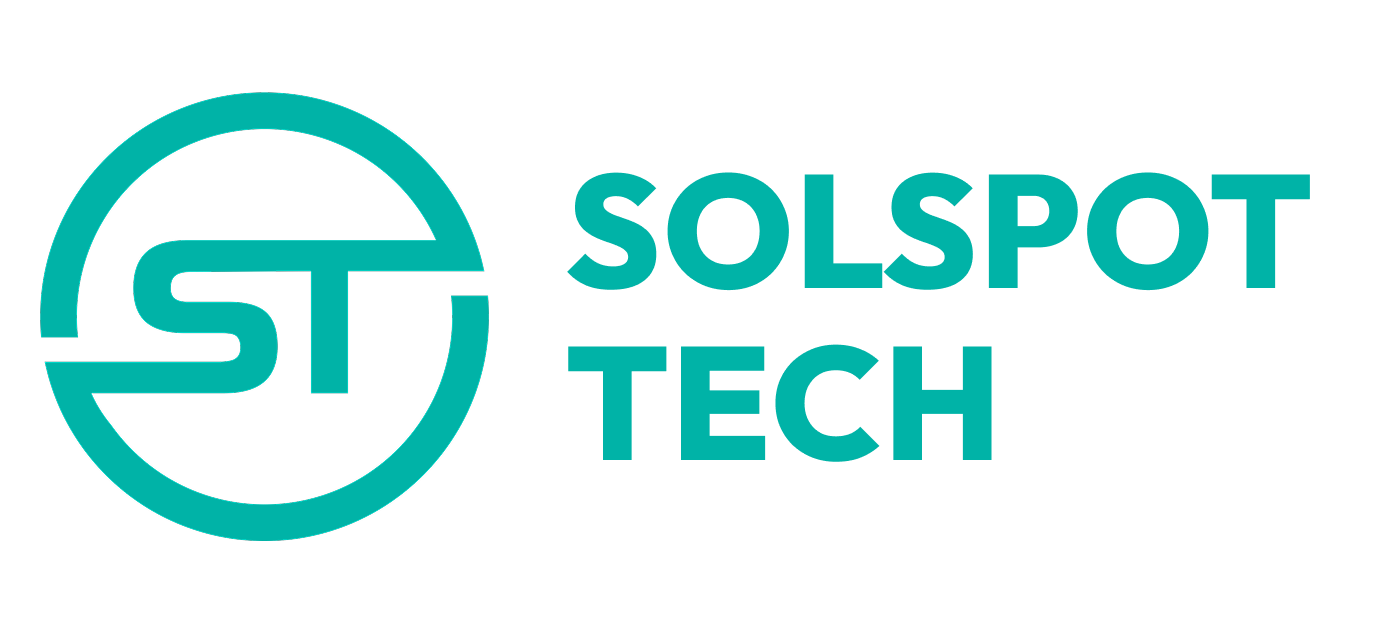Mythology, as an ancient storytelling tradition, has profoundly shaped the narratives, symbols, and aesthetics of contemporary culture. From the epic tales of gods and heroes to archetypal characters that resonate across generations, mythological themes continue to inspire creators in entertainment and design. This enduring influence not only enriches storytelling but also fosters cultural awareness and ethical considerations in modern media.
Table of Contents
- Introduction to Mythology’s Influence on Modern Entertainment and Design
- The Concept of Archetypes in Mythology and Their Modern Interpretations
- Mythological Inspiration in Modern Entertainment: From Literature to Video Games
- Mythology and Design: Incorporating Symbolism and Imagery
- Case Study: «Le Zeus» – Modern Gaming and Mythological Archetypes
- Mythology as a Source of Ethical and Cultural Depth in Modern Design
- Non-Obvious Perspectives: The Psychological and Societal Impact of Mythological Themes in Modern Media
- Future Trends: Evolving Uses of Mythology in Entertainment and Design
- Conclusion: The Enduring Power of Mythology in Shaping Modern Creativity
Introduction to Mythology’s Influence on Modern Entertainment and Design
Mythology has served as a foundational storytelling tradition for millennia, capturing human imagination through stories of gods, heroes, monsters, and moral lessons. These stories have persisted because they address universal themes such as heroism, chaos, love, and morality, making them highly adaptable to modern contexts. Today, mythological themes are woven into movies, literature, video games, and even product design, reflecting their timeless appeal and relevance.
For example, the resurgence of Greek mythology in contemporary media often emphasizes themes of divine authority and human hubris, resonating with current societal issues. The integration of these ancient narratives into modern entertainment not only entertains but also enriches our understanding of cultural origins and shared values.
The Concept of Archetypes in Mythology and Their Modern Interpretations
Understanding Archetypes
Archetypes are universal symbols and character types that recur across mythologies worldwide. Psychologist Carl Jung identified these as fundamental to the collective unconscious, manifesting in stories as characters like the hero, trickster, villain, or mentor. These archetypes serve as cognitive shortcuts that help audiences relate to complex stories and characters.
Modern Character Development
In contemporary media, archetypes are reinterpreted to reflect current values and societal norms. For instance, the “trickster” archetype—epitomized by figures like Loki in Norse myth or the Joker in comic books—embodies cunning, chaos, and wit. Modern characters who embody these archetypes often challenge authority and question moral boundaries, adding depth and complexity to narratives.
This bridge between ancient archetypes and modern storytelling enhances character relatability and thematic richness, exemplified by characters like the anti-hero in recent films or the complex protagonists in popular video games.
Mythological Inspiration in Modern Entertainment: From Literature to Video Games
Mythology informs a broad spectrum of modern entertainment. Films like “Clash of the Titans” and “Wonder Woman” draw directly from mythological pantheons, reimagining gods and heroes for contemporary audiences. TV shows such as “American Gods” explore mythic themes in modern settings, emphasizing the ongoing relevance of divine and supernatural figures.
Video games, too, harness mythological motifs to craft immersive worlds. For example, the game Le Zeus slot game with bonus exemplifies how myth-inspired narratives and archetypes can be integrated into gaming experiences. Such games leverage mythological symbolism to create compelling environments that evoke divine authority, chaos, and adventure.
These narratives and motifs serve to deepen player engagement and foster cultural literacy, illustrating how mythology continues to be a vital source of inspiration.
Mythology and Design: Incorporating Symbolism and Imagery
Beyond storytelling, mythology heavily influences visual design across media and products. Symbols such as the laurel wreath, thunderbolt, or serpent carry layered meanings rooted in myth. These symbols evoke power, wisdom, and divine connection, enriching visual communication.
Case Study: Mount Olympus
Mount Olympus, as the mythological home of the Greek gods, symbolizes divine authority, grandeur, and sovereignty. Its imagery frequently appears in logos, architecture, and branding, conveying prestige and celestial power. For example, the depiction of Olympus in promotional materials often emphasizes majestic landscapes, golden temples, and divine figures, creating an aura of awe and reverence.
This symbolism extends into modern design, influencing everything from corporate branding to video game environments, where elevated, majestic settings evoke similar themes of divine power and excellence.
Case Study: «Le Zeus» – Modern Gaming and Mythological Archetypes
Embodiment of the Trickster Archetype
In the game Le Zeus, the character of «Le Zeus» exemplifies the trickster archetype, a figure common in mythologies worldwide. This character embodies wit, unpredictability, and a challenge to divine authority, echoing figures like Hermes or Loki. Such archetypes create engaging dynamics within the game’s narrative, fostering player curiosity and emotional investment.
Responsible Gaming and Mythological Themes
Modern game developers incorporate responsible gaming practices by integrating certified RNG (Random Number Generator) systems, ensuring fairness and transparency. The game’s mythological theme enhances this ethical approach by connecting players to timeless stories of divine justice and order, reinforcing trust and integrity.
Symbolism of Mount Olympus
The setting of Mount Olympus in the game underscores themes of divine authority and grandeur, aligning with its mythological roots. This symbolism enriches the gaming experience, making it more immersive and culturally resonant, illustrating how mythological imagery continues to shape modern entertainment.
Mythology as a Source of Ethical and Cultural Depth in Modern Design
Mythological stories often carry moral lessons and cultural values, making them powerful tools for promoting cultural awareness and ethical storytelling. Incorporating mythic themes responsibly involves respectful representation and accuracy, which helps foster understanding and appreciation across cultures.
“Embedding mythological symbolism and stories into modern design can elevate products beyond mere aesthetics to carriers of cultural and ethical significance.”
In gaming, this ethical approach includes transparent RNG systems and fair play certification, ensuring that entertainment remains responsible and trustworthy.
Non-Obvious Perspectives: The Psychological and Societal Impact of Mythological Themes in Modern Media
Myth-based characters and stories influence societal values by reinforcing moral frameworks and inspiring collective identity. For example, mythological heroes exemplify virtues like courage, perseverance, and justice, which can shape individual psychology and societal norms.
Moreover, myths serve as a mirror for societal fears and aspirations, providing a shared narrative space that fosters cultural cohesion. The recurring archetypes in media help individuals navigate moral dilemmas and understand their place within a larger cultural context.
Future Trends: Evolving Uses of Mythology in Entertainment and Design
Emerging technologies such as Augmented Reality (AR) and Virtual Reality (VR) are opening new frontiers for mythological storytelling. These tools allow users to immerse themselves in mythic worlds, interact with gods and heroes, and experience stories firsthand, enhancing engagement and cultural transmission.
Additionally, digital storytelling facilitates the development of new mythologies through cross-cultural exchanges, blending diverse traditions to create rich, hybrid narratives. Such innovations promise to keep mythology at the forefront of creative expression, ensuring its relevance for future generations.
Conclusion: The Enduring Power of Mythology in Shaping Modern Creativity
Throughout history, mythology has served as a wellspring of inspiration, providing archetypes, symbols, and narratives that continue to shape modern entertainment and design. Recognizing the deep roots of these stories enhances our appreciation of contemporary media and encourages responsible, culturally sensitive creation.
By studying how mythological themes evolve and adapt, creators can craft experiences that resonate on both an emotional and cultural level, ensuring that the power of myth remains a vital force in shaping our collective imagination.

